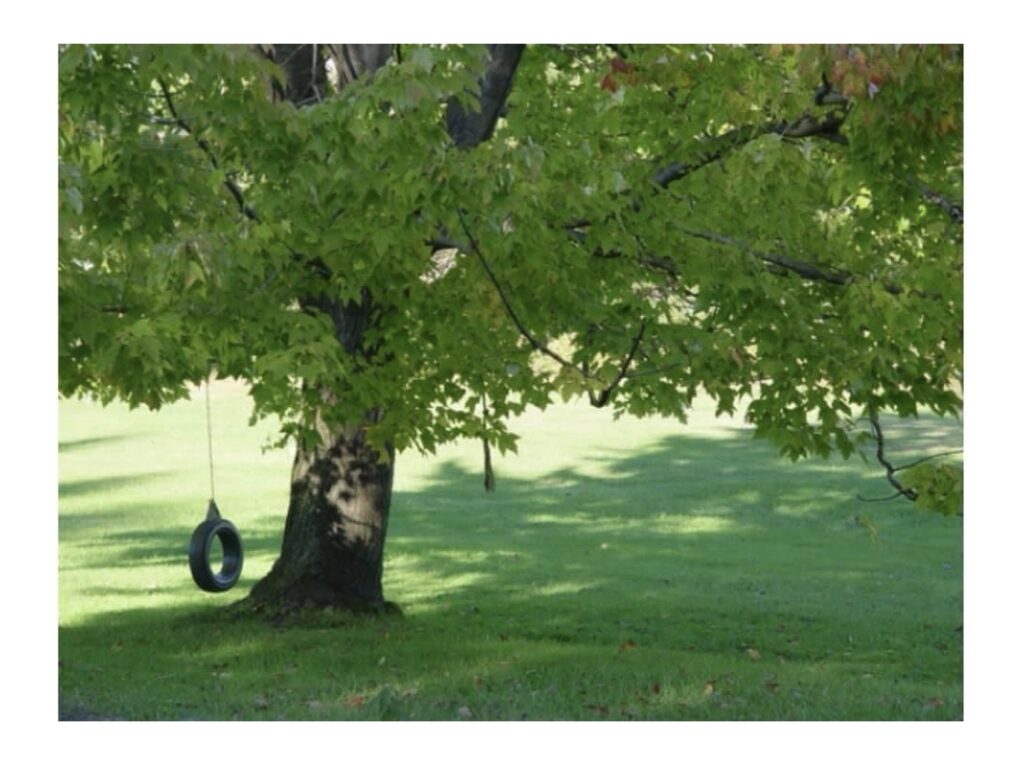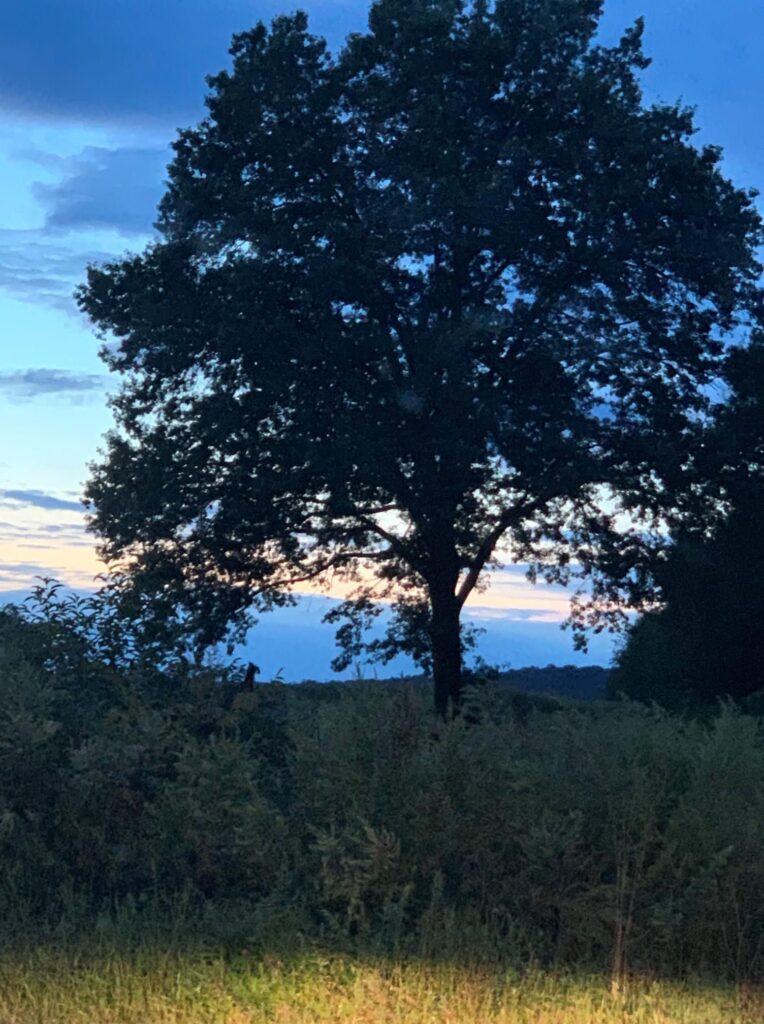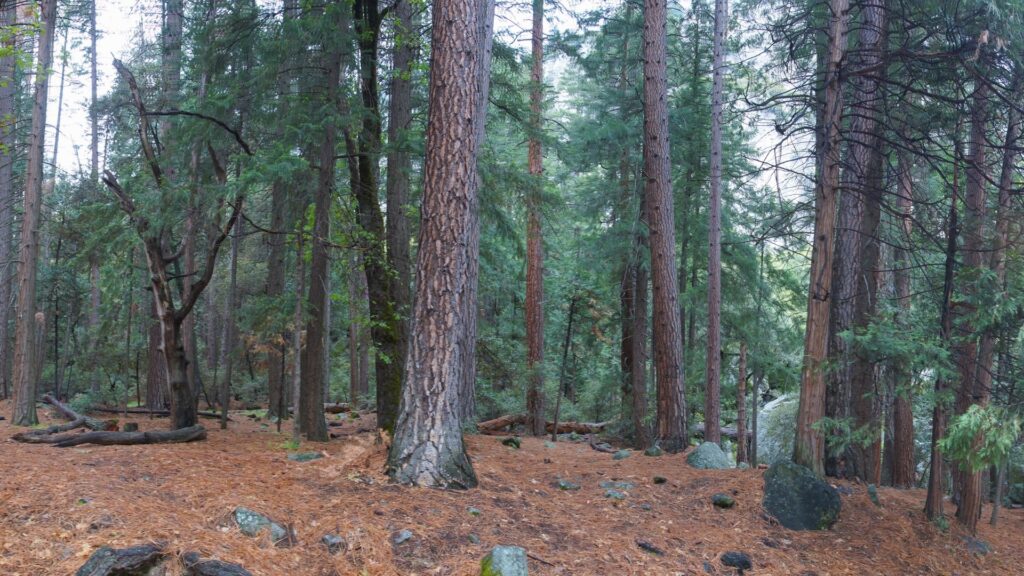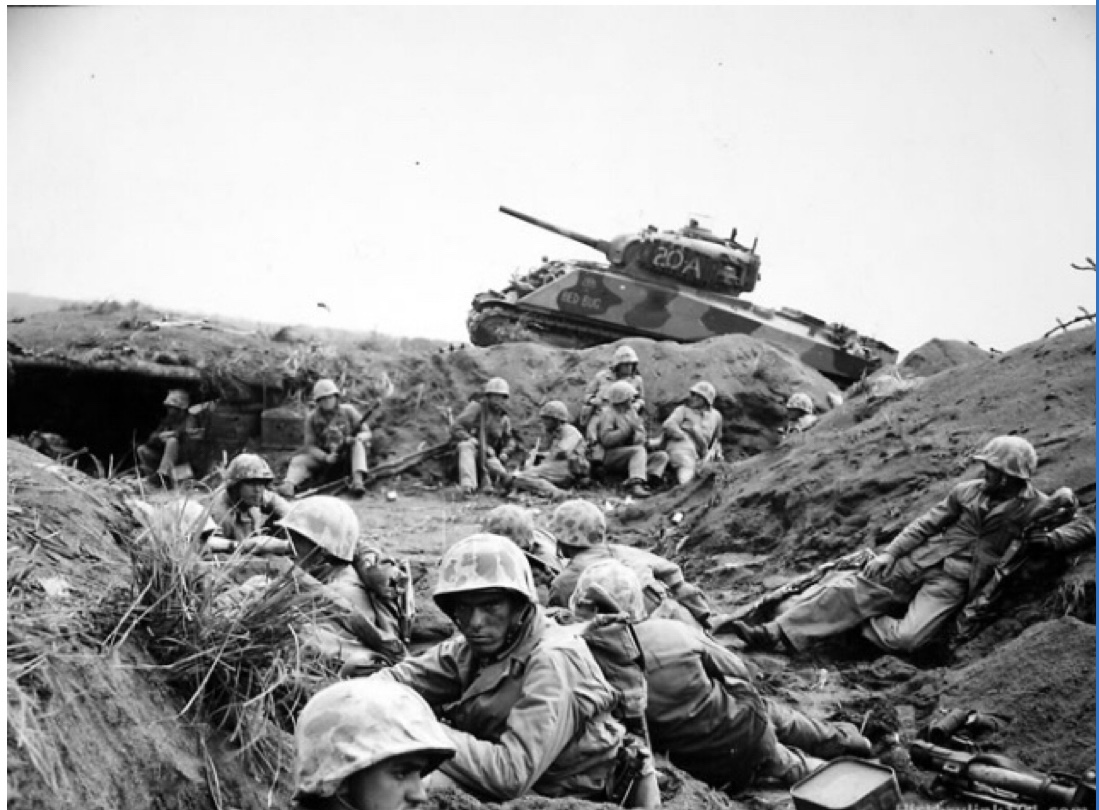
My dad had a deep and abiding love of shade and ’51 Ford Shoebox convertibles with those big side vent windows. I’m quite sure he never slept a night of his life in air conditioning.
While I never did come across bad shade, I accompanied him many days on the quest for good shade. Expansive oak trees seemed to be the best place to find ’the good shade,’ the cool shade.
My father worked hard, and every day, but he was less busy than me. He found time to seek the good shade. If the day was too hot we’d drop the top on that Shoebox Ford—by hand of course, the motor burned out about the same year I Love Lucy debuted— and, top down with those vent windows open wide, so as to shoot the hot sticky air back into your face, we’d take a ride to ‘cool off.’
We never really cooled off, I’m sure, until September, or we jumped in a pond. His favorite was up on my uncles farm, a deadly summer pool alive with snakes that I was certain would end me long before my eighth birthday.
Summer nights sitting and sweating on the front porch, of a house, on a dead end dirt road, by a swamp—he insisted was a lake—trying to decide if the mosquitoes were worse than the heat inside.
The songs of the bush crickets, and my dad’s Pall Mall cigarette glowing in the dark, smack dab in the middle of the 20th Century.
Unplugged and alive.




